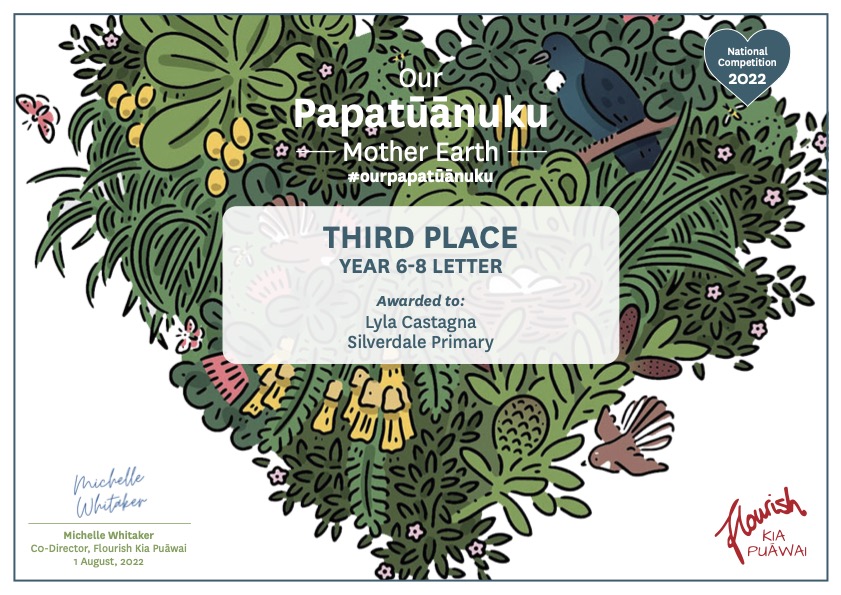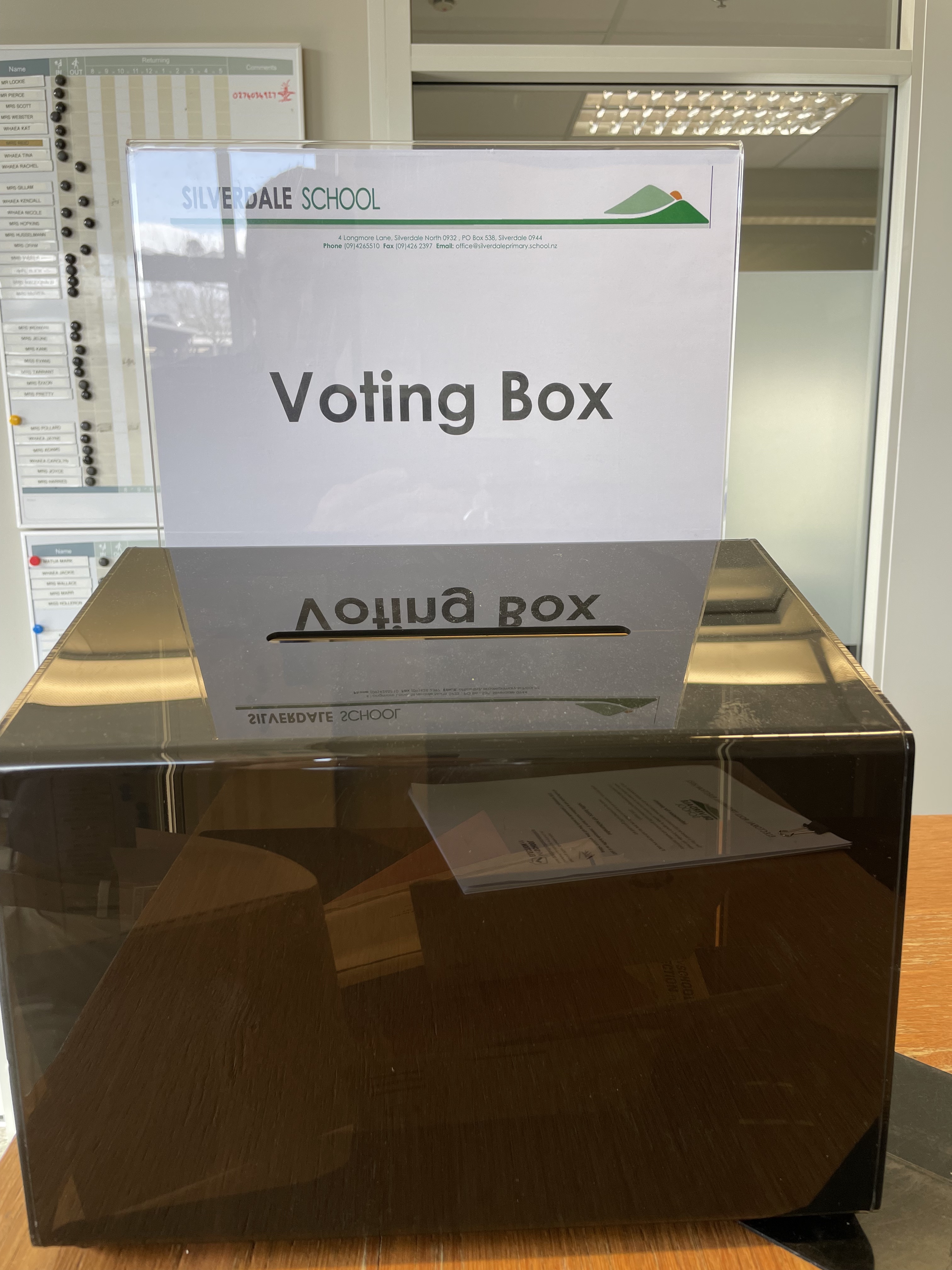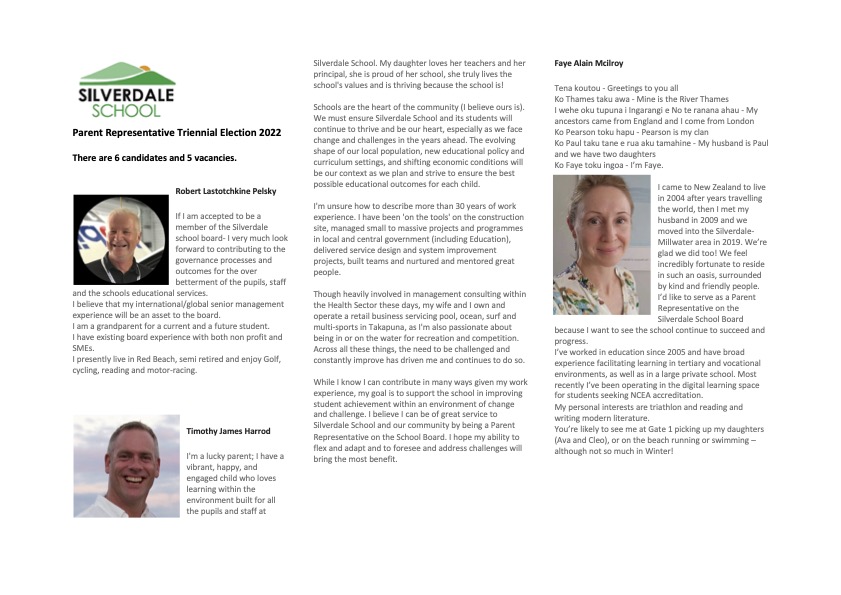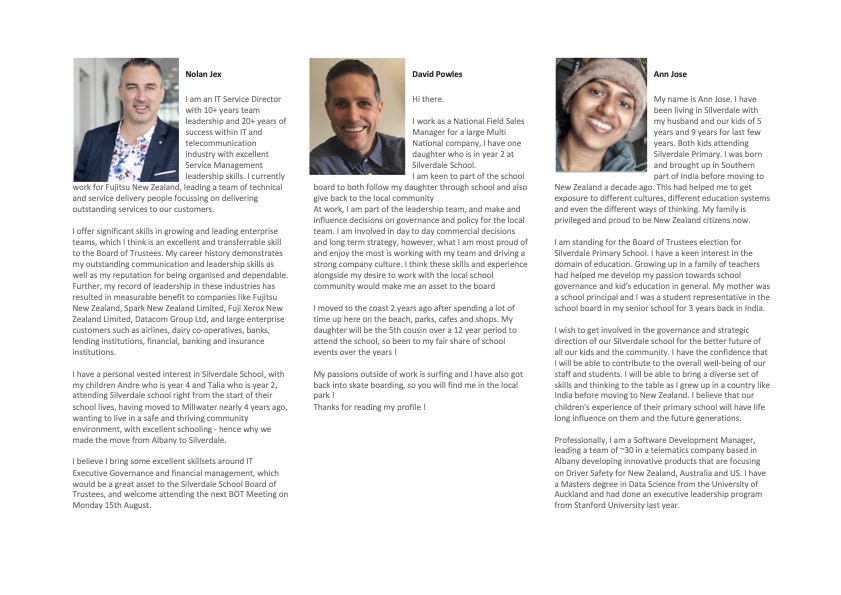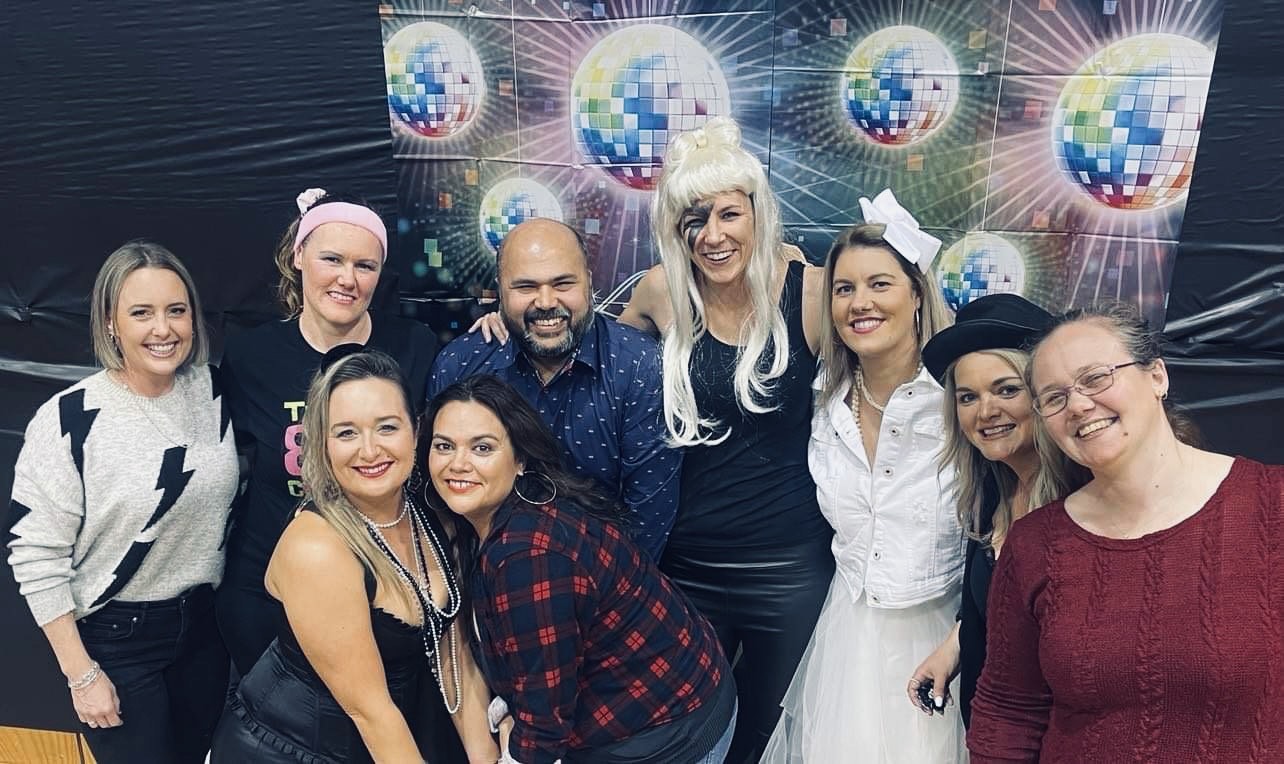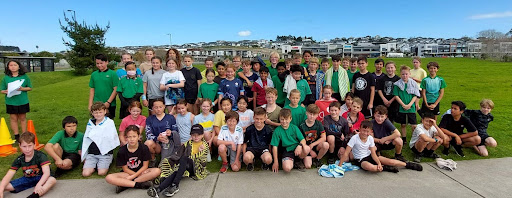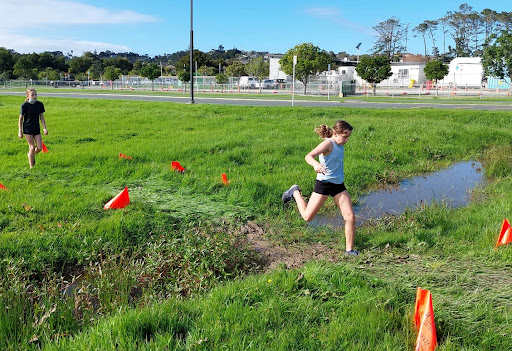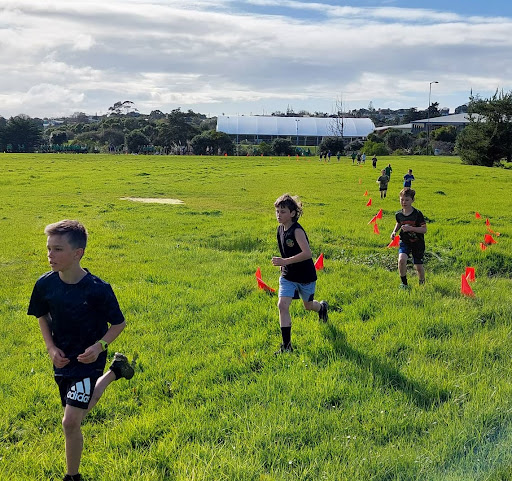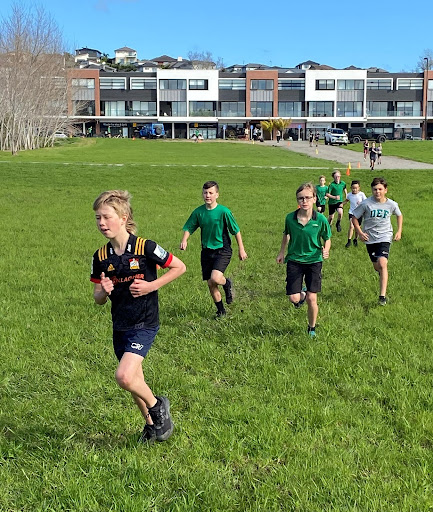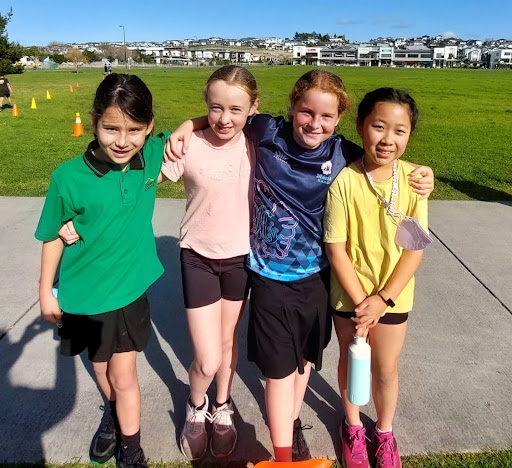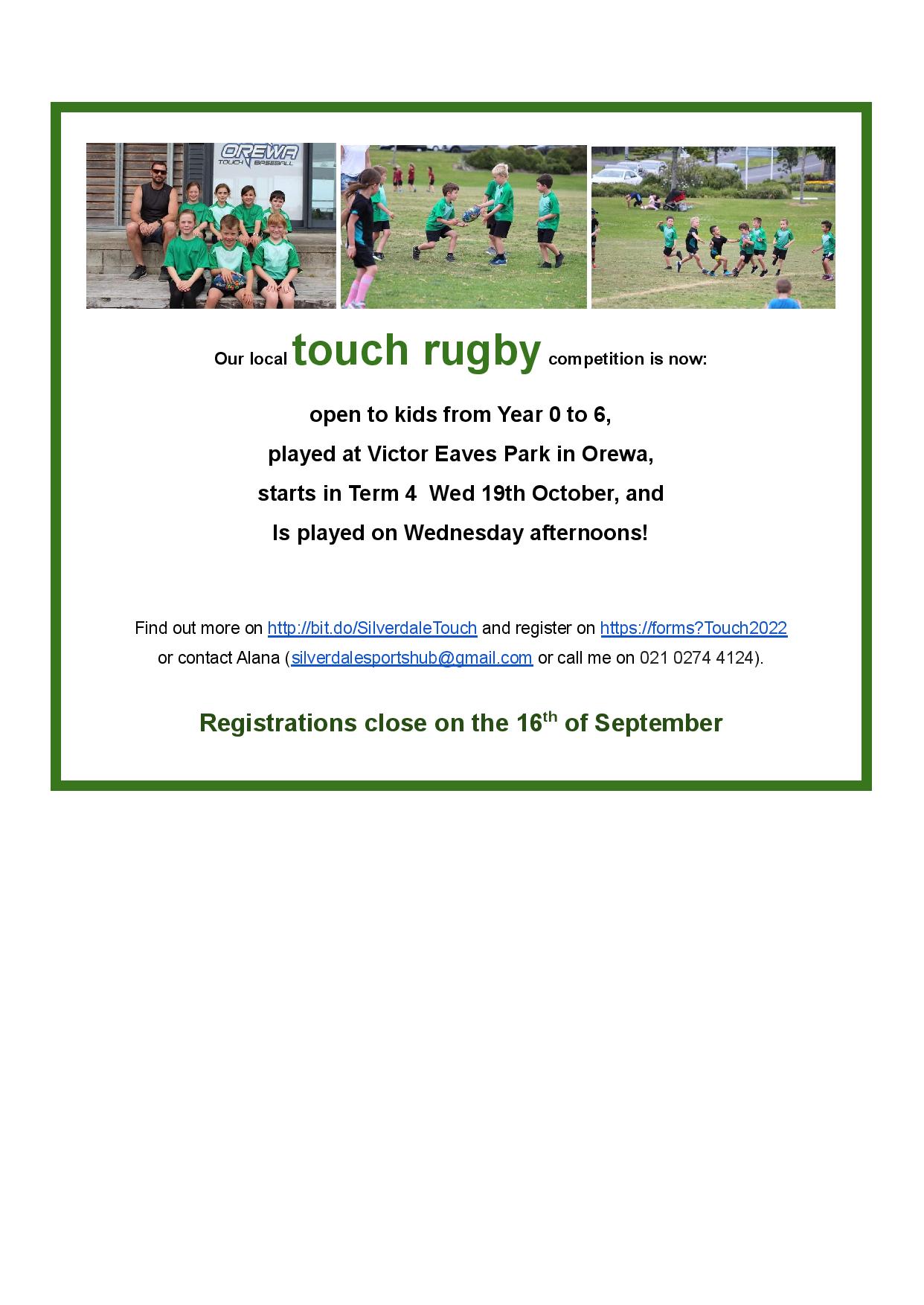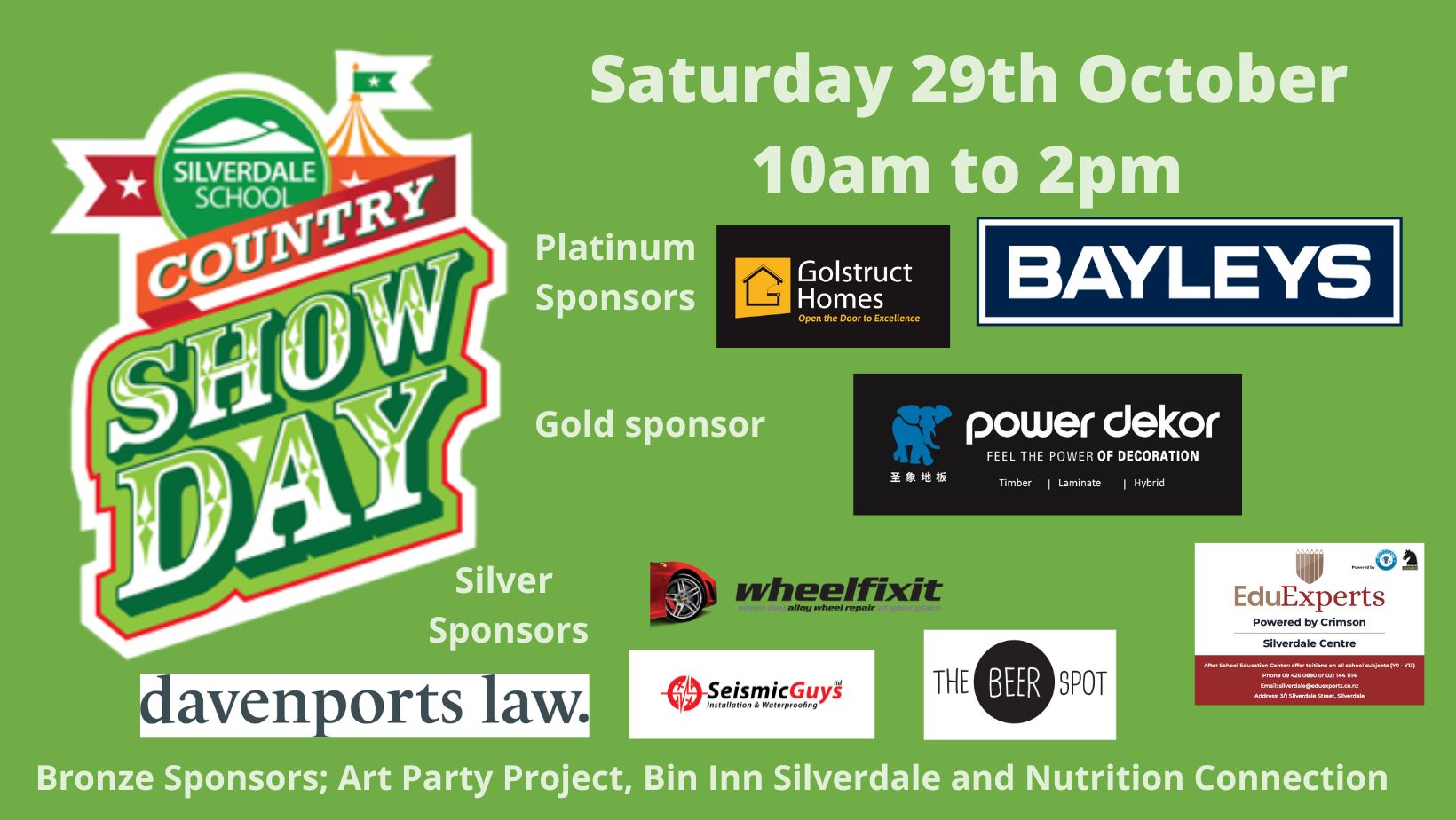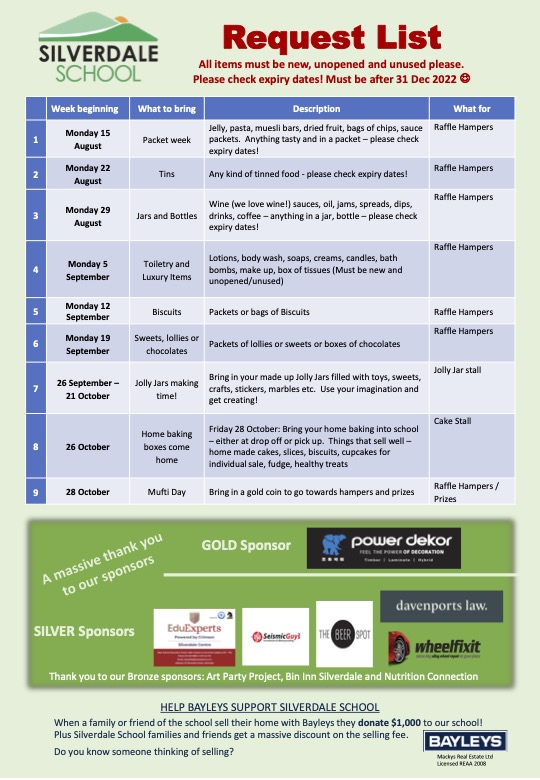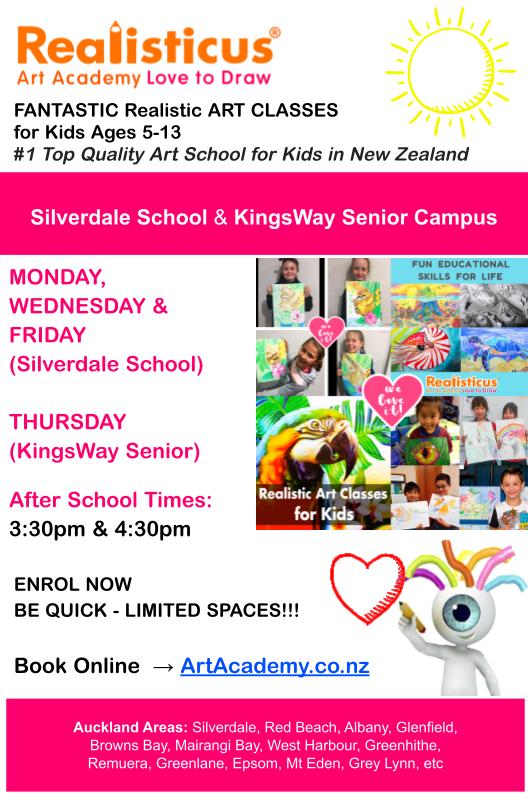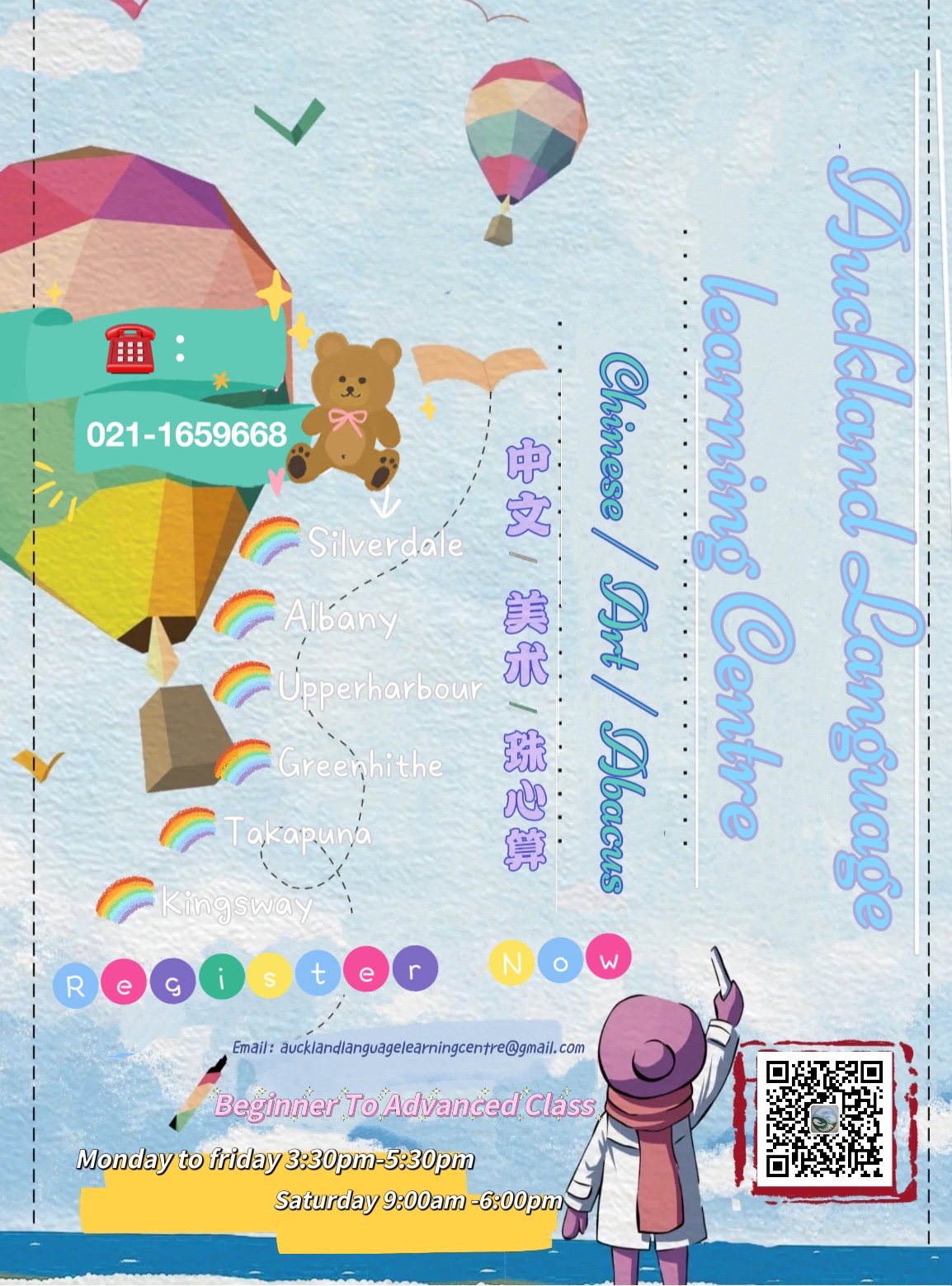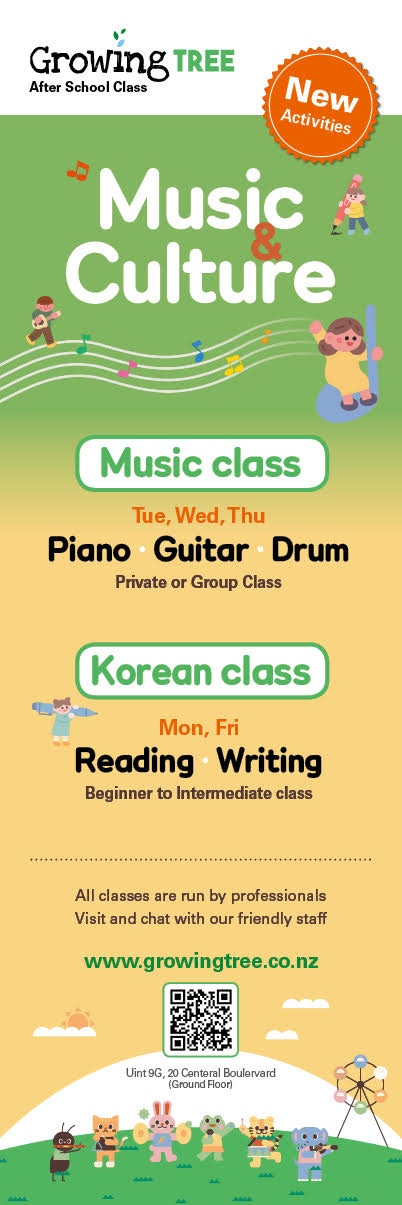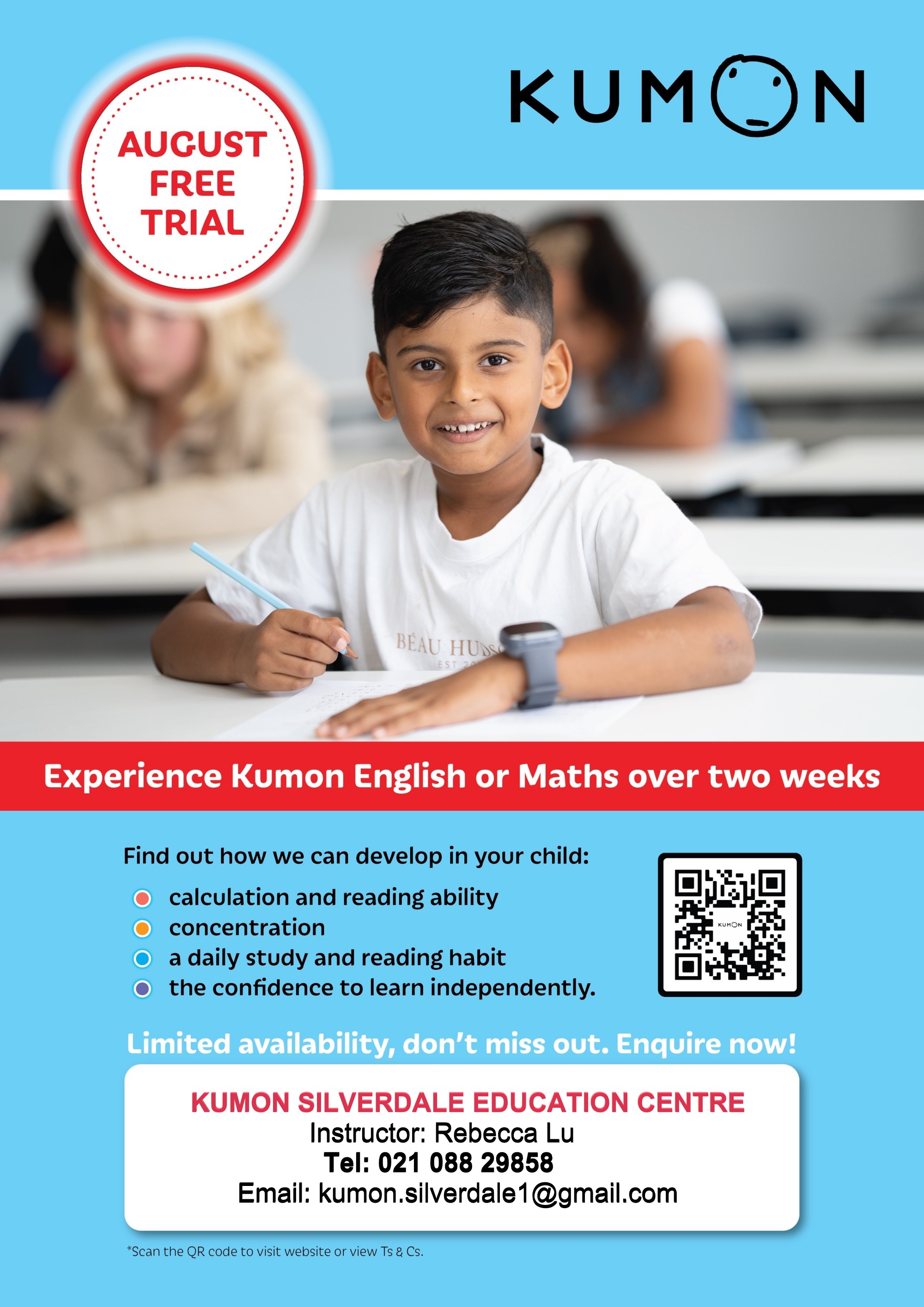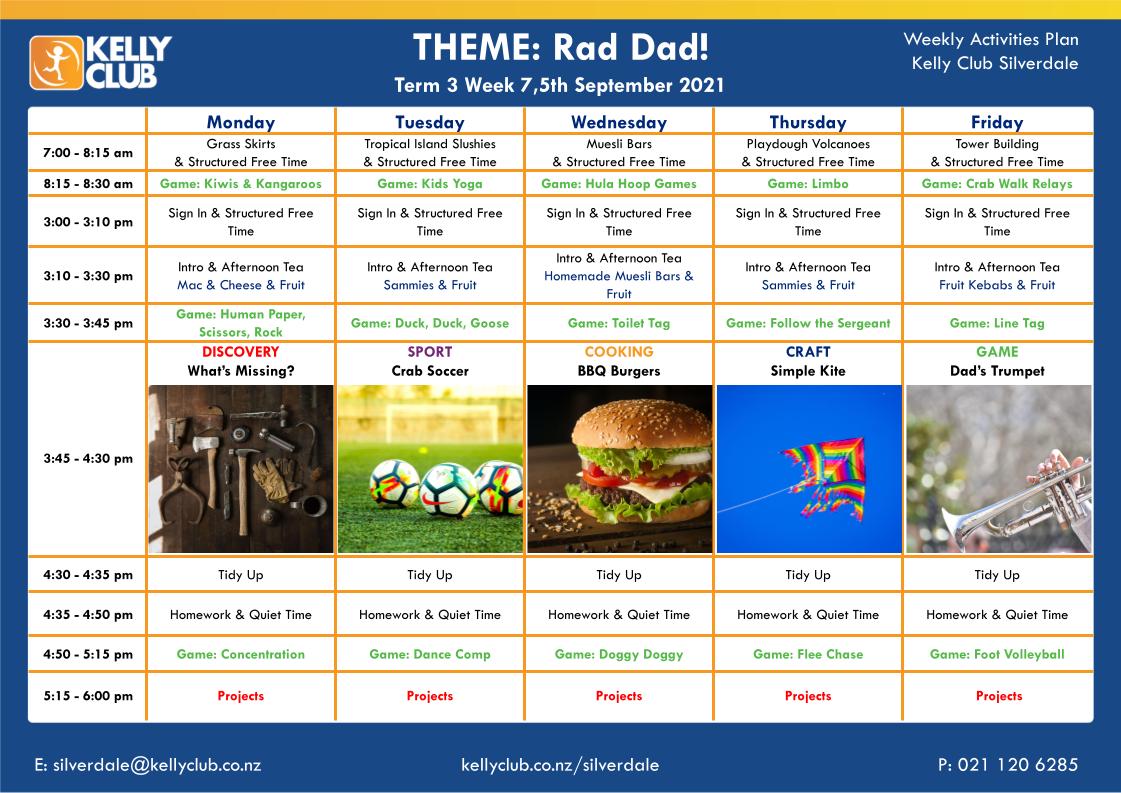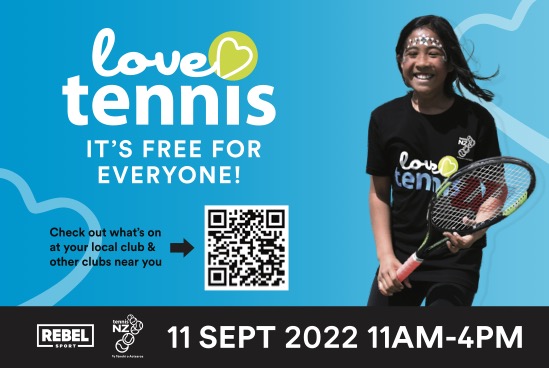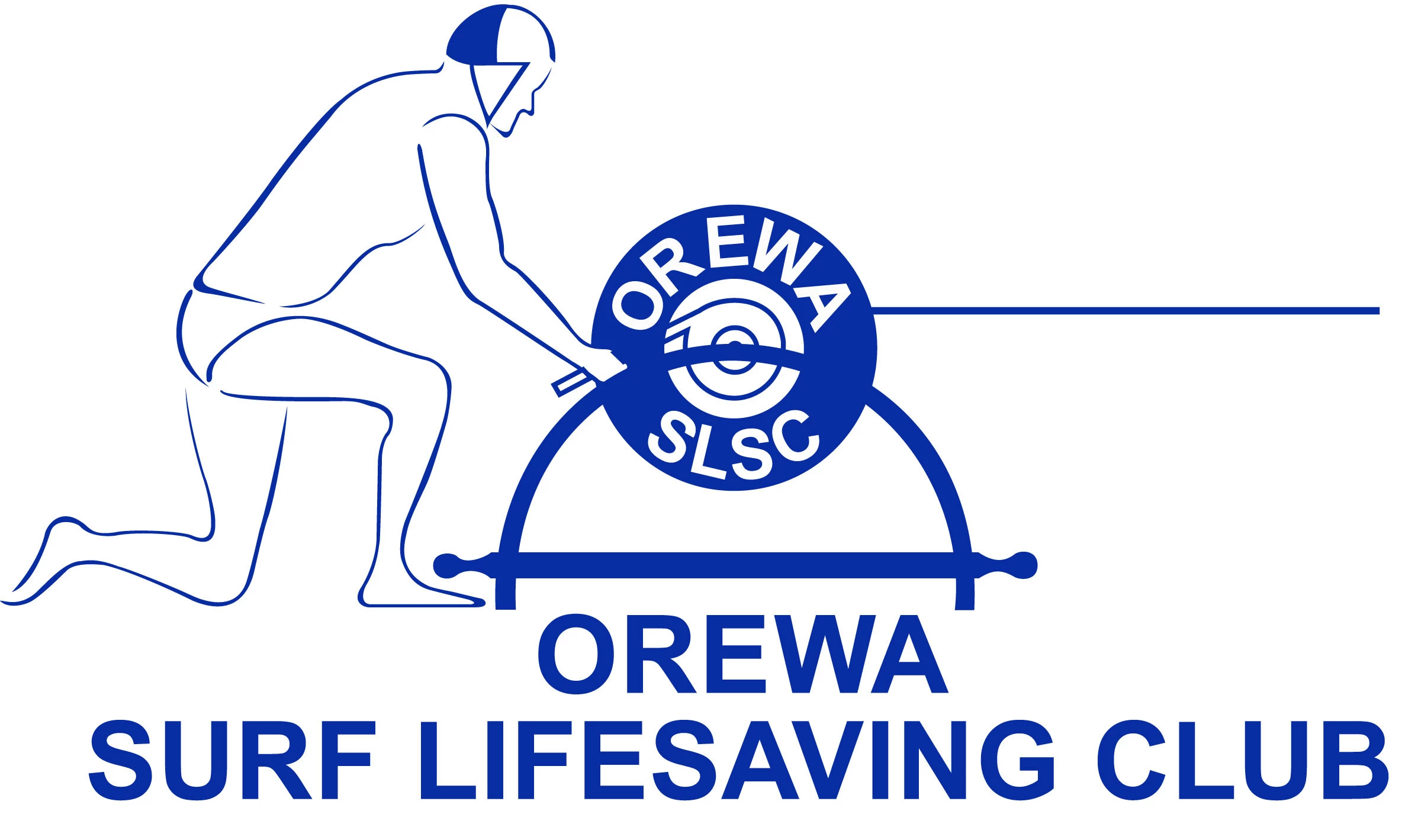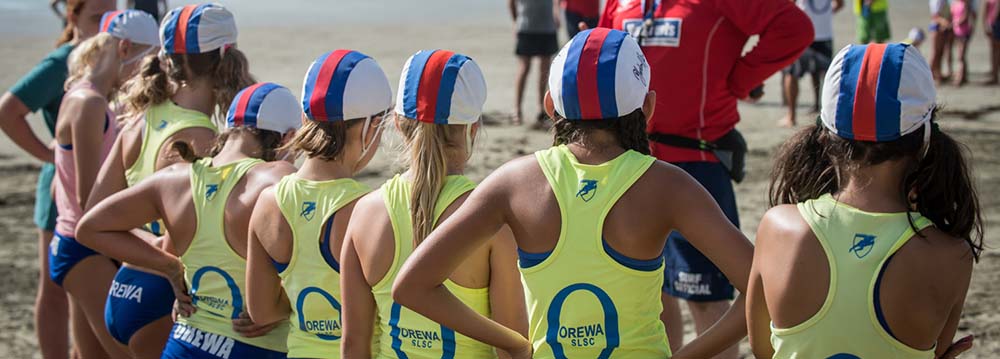Welcome
Welcome to Oliver Goldsmith-Betts who started with us this week. Our current roll is 838
Happy Birthday
Happy birthday to Jayden Daly, Harmony Diao, Hugo Kirk, Aiden Shang, Teodora Vlatkovic, Lulu Thomson, Maia Wait, Harry Owens, Brooklyn Bowern, Aidan Maylard, Elsa Feng, Tadgh Woodberry and Zoe Dunn.
Te Rā Daffodil Daffodil Day 26 August
Every day 71 New Zealanders are diagnosed with cancer. For over 30 years New Zealanders have supported the work of the Cancer Society on Daffodil Day and they need our help again this year.
Please help Silverdale School to raise money to support the cancer Society’s work in Auckland. With your support, every dollar raised for Daffodil Day will go towards cancer care for patients and their whānau, education and awareness programmes, and life-saving cancer research.
On Friday 26 August Silverdale School held a mufti day and with everyone’s support we were able to raise $1966.60.
The Resilience Project Children Survey
Earlier this year our Year 4, 5 and 6 students took part in a Resilience survey. The Resilience Survey measures resilience and wellbeing across 9 key domains: Understanding Self, Social Skills, Positive Relationships, Safety, Healthy Body and Healthy Mind, Learning, Positive Attitude, Positive Values and Positive Identity. The survey results are anonymous and we can’t identify any students. The results have been shared with us and we have gone through the key findings..
|
Percentage of Year 4-6 children who answered yes to the question “I have an adult in my life I can talk to”
|
| |
2021
|
2022
|
|
Silverdale School girls
|
76%
|
85%
|
|
NZ girls
|
83%
|
83%
|
|
Silverdale School boys
|
80%
|
80%
|
|
NZ boys
|
81%
|
81%
|
Keeping the pathway of communication open for our tamariki is important and can provide the opportunity for you to support your child with any struggles they may be encountering. https://www.skylight.org.nz/ have put together these helpful communication tips;
Be available for your children
- Notice times when your kids are most likely to talk–for example, at bedtime, before dinner, in the car–and be available.
- Start the conversation; it lets your kids know you care about what’s happening in their lives.
- Find time each week for a one-on-one activity with each child, and avoid scheduling other activities during that time.
- Learn about your children’s interests–for example, favourite music and activities–and show interest in them.
- Initiate conversations by sharing what you have been thinking about rather than beginning a conversation with a question.
Let your kids know you’re listening
- When your children are talking about concerns, stop whatever you are doing and listen.
- Express interest in what they are saying without being intrusive.
- Listen to their point of view, even if it’s difficult to hear.
- Let them complete their point before you respond.
- Repeat what you heard them say to ensure that you understand them correctly.
Respond in a way your children will hear
- Soften strong reactions; kids will tune you out if you appear angry or defensive.
- Express your opinion without putting down theirs; acknowledge that it’s okay to disagree.
- Resist arguing about who is right. Instead say, “I know you disagree with me, but this is what I think.”
- Focus on your child’s feelings rather than your own during your conversation.
Remember:
- Ask your children what they may want or need from you in a conversation, such as advice, simply listening, help in dealing with feelings, or help solving a problem.
- Kids learn by imitating. Most often, they will follow your lead in how they deal with anger, solve problems, and work through difficult feelings.
- Talk to your children–don’t lecture, criticise, threaten, or say hurtful things.
- Kids learn from their own choices. As long as the consequences are not dangerous, don’t feel you have to step in.
- Realise your children may test you by telling you a small part of what is bothering them. Listen carefully to what they say, encourage them to talk, and they may share the rest of the story.
Parenting is hard work
- Listening and talking is the key to a healthy connection between you and your children. But parenting is hard work and maintaining a good connection with teens can be challenging, especially since parents are dealing with many other pressures. If you are having problems over an extended period of time, you might want to consider consulting with a mental health professional to find out how they can help.
Garden to Table
Our Year 3/4 children are participating in the Garden to Table programme. The Garden to Table programme builds skills for life through highly practical, hands-on classes – not only teaching growing and cooking skills but also building awareness of individual and collective responsibility for the environment, healthy eating and community connectedness. It is an opportunity for our children to get their hands dirty and learn how to grow, harvest, prepare and share fresh, seasonal food.
A huge thank you to Karen (garden specialist) and Joanne (kitchen specialist) who work with our children three days a week. Thank you to all our volunteers who help with the programme through the week. Our gardens are looking fantastic thanks to all our Year 3/4 children, teachers and all our volunteers.
School Donation
Our school donation is $200 per child. This money is used to pay for a large number of additional curriculum resources, subsidise a number of school wide activities such as swimming, production, art, dance and drama resources, sporting functions, developmental material and related photocopying and other essential resources. No child is excluded from using these resources but it does seem that quite a number of families relied on the goodwill of others to support their child.
Each term the Silverdale School Board puts all the names of those donations that have been made into a draw to give one child the chance to have their donation paid for the following term. The families that have received these in the past have been very grateful. We understand that a donation is voluntary and that it can be at times very difficult to manage. Mrs Reid in the office, is very happy to discuss possible arrangements for meeting this cost for your child. Each small contribution adds up across the course of time and helps to enhance the substance of this school. Term 2 winner is Rhea Shah.
How To Help Your Child at School
As a parent, there are many things you can do at home to help your child have a good school year. These include making sure your child gets enough sleep, getting them to school on time, and reading at home every day. Below are some other tips.
A healthy diet and exercise
Children who eat a healthy diet and get regular exercise can concentrate better during the school day. It is important that your child eats a balanced diet with plenty of fruits and vegetables, and has opportunities to exercise every day through a sports team, fun activity, or playtime outside.
Sleep
Getting enough sleep will help your child get up on time, feel good, and be ready for a full day of learning. Children need different amounts of sleep at different ages.
5-6 Years Old: 10 – 12 hours per day
7-12 Years Old: 10 – 11 hours per day
12-13 Years Old: 9 – 10 hours per day
Getting to school, every day and on time
It will be easier for your child to complete daily learning, home learning, and assessments if they get to school on time every day. Limit the time your child misses for family trips and activities. Contact the school immediately if your child is absent.
Home learning
Help your child set a regular time and place for home learning. Choose a time that works well for your family’s schedule. Find a place that is quiet and has good lighting. Make sure your child has supplies such as pens, pencils, paper etc. Ask your child to show you their finished home learning each night so that you can see what they are learning and confirm that they are completing all their home learning.
Limit television, videogame, and computer time
Limit the time your child spends watching TV, playing video games, and using the computer. When possible, do these activities together, and look for educational programs and games. Help your child understand that they should never give out personal information on the computer or talk to strangers online.
Talking about school together
Ask your child to tell you about the school day. Ask them what they have learnt, and how they felt during the day. Listen carefully to their answers, and help them think of ways to solve any problems that they might be having in their schoolwork or in the classroom.
Reading
Set aside time to read with your child each day. You can make reading a part of daily routines by reading stories at bedtime and keeping lots of books and magazines in the house.
Learning at home
Help your child learn at home by sharing activities together, singing, talking, and telling stories. Visit educational places such as museums, the zoo, the park, or a historical monument. Find out what your child’s interests are, and look for activities and books that are connected to that interest.
Congratulations
Congratulations to Lyla from Room 24 who won 3rd place in the year 6-8 letter writing competition in the national ‘Our Papatūānuku’ competition. https://www.flourish.org.nz/our-papatuanuku-2022.html
Below is her winning letter.
Our Papatūānuku
Planet Earth
Kia ora Our Papatūānuku
I’m sending you this letter to tell you what I would tell the World leaders of what I ́d like the future
New Zealand to look like.
In 10 years time, I would like New Zealand to have green, lush, pollution free forests with flowing
streams where all native animals thrive.
Sustainability is important because it improves the quality of our lives, protects our eco systems and
preserves natural resources for future generations. That’s why our country needs more sustainable
resources,
Now, my main concern for climate change is deforestation, as it increases the amount of carbon
dioxide and soil erosion as well as destroying habitats for both animals and plants.
Something world leaders like you can support is tackling climate change. This will require working
towards shared goals such as developing solutions to capture carbon or decarbonize buildings.
I hope the leaders would listen to us.
Yours Sincerely,
Tō hoa
Lyla Castagna

